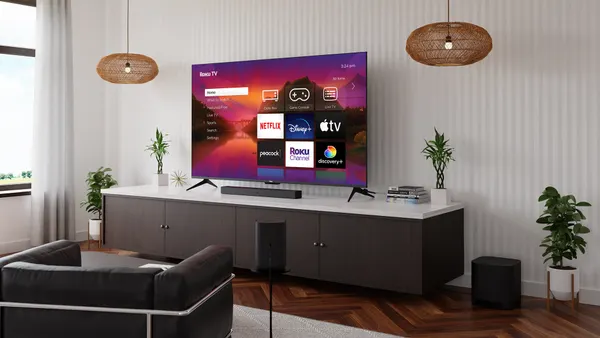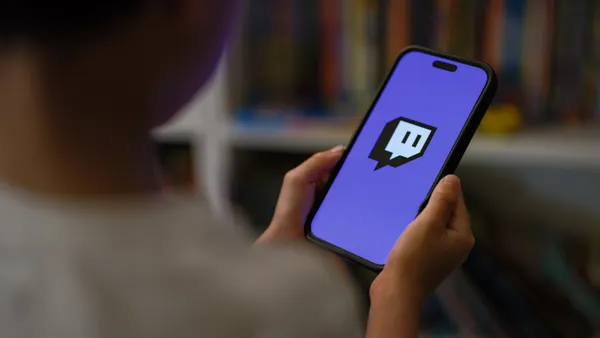Dive Brief:
- Programmatic marketplace Rubicon Project announced in a press release Monday that it has partnered with Google's DoubleClick to integrate its Private Marketplace (PMP) deals directly into the Bid Manager interface. Rubicon Project said its publisher partners now offer over 35,000 PMP packages on its exchange. PMPs are invitation-only real-time bidding auctions offered by publishers.
- As part of the deal, Bid Manager is the first platform to use Rubicon Project's new Orders API, which intends to create a more seamless process for marketers by allowing them to discover and transact PMP deals on their buying platform of choice without having to log onto Rubicon Project's Orders UI. Tom Kershaw, Rubicon Project's chief technology officer, noted that this should benefit publishers as well by making their inventory more easily accessible.
- "We are constantly looking for new ways to expose the thousands of agencies, trading desks and advertisers using Bid Manager to premium publisher inventory," Roshan Khan, senior product manager at Google, said in a statement on the new partnership. "Today's announcement furthers this goal by making it even easier for our brands and agencies to access curated and sought after PMPs powered by Rubicon Project."
Dive Insight:
With the partnership, Rubicon Project and DoubleClick are making a concentrated effort to provide a more premium and transparent programmatic media buying process online. The direct integration of PMPs into Bid Manager might clear out some of the digital advertising murk by enabling advertisers to buy known audiences at scale with efficiency: Advertisers gain access to premium inventory from desirable publishing partners before it's available elsewhere while those publishers are able to more easily work with and discover new advertisers.
The deal has the potential to rebuild confidence in digital advertising, which has taken a hit this year as reports of ads appearing next to fake and unsavory content proliferate and as brands like Procter & Gamble and JPMorgan Chase reduce their programmatic budgets and find there is little impact on their sales results, suggesting a portion of their spend was wasted.
The level of digital media transparency promised in the Doubleclick-Rubicon integration is one that could have a "ripple effect" on the industry, Chris Bellinger, VP of creative services and concept and digital director at The Marketing Arm, told Marketing Dive, noting this is especially the case for "P&G and some of the other big boys wanting to have a lot more control over what that [digital media supply chain] is and where it's going to be turning."
The potential here is that the partnership could evolve the way brands transact their digital media business considerably, putting a greater focus on the types of private marketplaces that have long been desired but rarely been offered in an automated fashion at this scale.
Marketers right now often don't have a clear view into where their ads are running online despite the channel recently reaching parity with TV in terms of media spend. A number of cases pertaining to ad fraud, programmatic shortcomings and generally wonky metrics have highlighted the scope and tangible impact of the issue. The PMP integration might additionally bring more transparency into the equation by simplifying and streamlining things from the ad tech side.
"The age of having dozens of UIs to do business is over," Kershaw said. "Our new Orders API enables buyer platforms like Bid Manager to provide their users with greater access to premium inventory sold via PMPs."
The news arrives as a promising development after what's been a rough stretch for Rubicon Project. The independent ad tech firm previously admitted it was slow to adopt new and important technologies like header bidding, which ultimately hurt its business. It was reported to be considering a sale in January.
Chantal Tode contributed reporting for this article.












